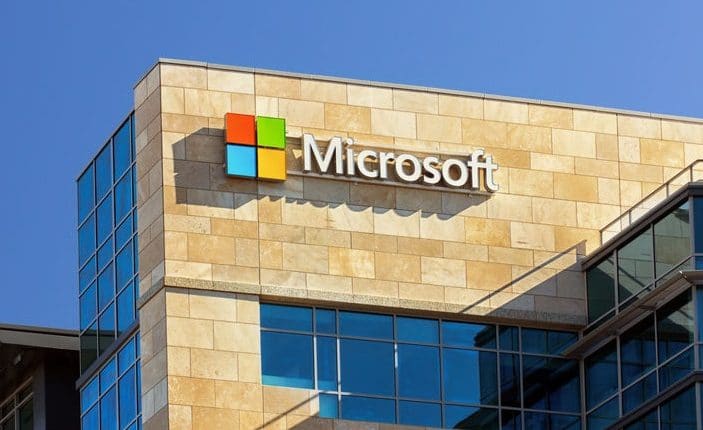You may have heard of ChatGPT, the newly-launched chatbot that has gone viral and responds to a varied range of questions while mimicking smart, human-like conversation. Now, it may soon be used to make Microsoft’s Bing “smarter.” According to a new report from The Information, Microsoft is looking to utilize ChatGPT to create an AI-powered version of Bing.
Citing sources close to development, the report states that the Redmond-headquartered giant is betting on the AI tech behind OpenAI’s ChatGPT – which has gained the attention of many in a very short time – to step up the competition with Google (as far as search engines are concerned). If it manages to integrate the chatbot with its search engine, then Bing will go on to answer some search queries rather than simply showing a list of links to the searcher. It will also allow Bing to have a greater degree of understanding of the context and intent of the query, which will help it to provide more relevant and accurate answers.
A smarter Bing – one that has AI in its arsenal – will surely be something to watch out for, and Microsoft will hope that it will be the much-needed X-factor behind luring users away from Google. As it currently stands, Bing cannot hold a candle to Google with its meager share of 3.03% in the overall search engine market (as of December 2022). Google, on the other hand, accounts for 92.58% of the total market across all platforms.
It is likely that Microsoft will launch the feature in March. Thus, we will have to wait and see whether Microsoft’s bet on user preference for better-quality answers to their queries than simply being shown links. The company still has a long way to go to make this a reality, however, since ChatGPT is yet to be fully accurate. The initial release could be a test that will be limited to select users.
This integration of ChatGPT with Bing could be key to Microsoft getting a return on its prior investment in Open AI. The tech behemoth has already made a hefty investment of $1 billion in the AI research and development firm, and the two teamed up in 2019 to scale up the AI capabilities of Microsoft’s Azure. A blog post by Microsoft last year revealed that the company was planning to integrate OpenAI’s DALL-E 2 into Azure’s OpenAI service and to Bing’s Image Creator.
The Tech Portal is published by Blue Box Media Private Limited. Our investors have no influence over our reporting. Read our full Ownership and Funding Disclosure →






